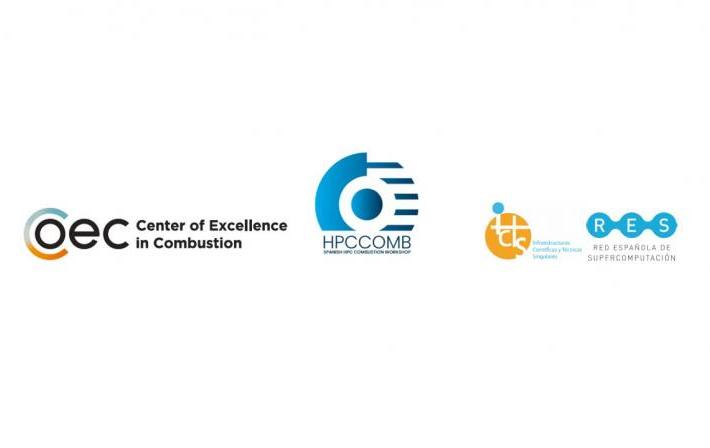Agenda
The opening this year will be performed by Professor César Dopazo, Founding Member of the Spanish Royal Academy of Engineering and Emeritus Professor at the Universidad de Zaragoza and we have confirmed as plenary speakers Professor Antonio L. Sánchez, Full Professor at University of California San Diego (UCSD) and Dr. HdR Benedicte Cuenot, leader of the Combustion Research Group at CERFACS Pascale Domingo. All the information will be updated soon on the HPCCOMB website, which is currently under construction.
TENTATIVE AGENDA
09:00 – 09:10h – Welcome (Daniel Mira & Carmen Jiménez)
09:10 – 09:30h – Oriol Pineda (Infrastructure Access Policy, BSC)
09:30 – 10:00h – Combustion of turbulent premixed flames (César Dopazo, Universidad de Zaragoza)
10:00 – 10:40h – 1st Plenary session: Benedicte Cuenot, CERFACS (France)
10:40 – 11:20h – Technical sessions Morning I (20 min/talk, x2)
11:20 – 11:30h – Coffee break
11:30 – 13:10h – Technical sessions Morning II (20 min/talk, x5)
13:10 – 14:00h – Lunch
14:00 – 15:20h – Technical sessions Afternoon III (20 min/talk, x4)
15:20 – 16:00h – 2nd Plenary session: Antonio L. Sánchez, UCSD (USA)
16:00 – 16:15h – Coffee break
16:15 – 17:00 – Flash talks
17:00 – 17:40h – Technical sessions Afternoon II (20 min/talk, x2)
17:40 – 17:45 – Closing
Registro
To register, visit the following link
